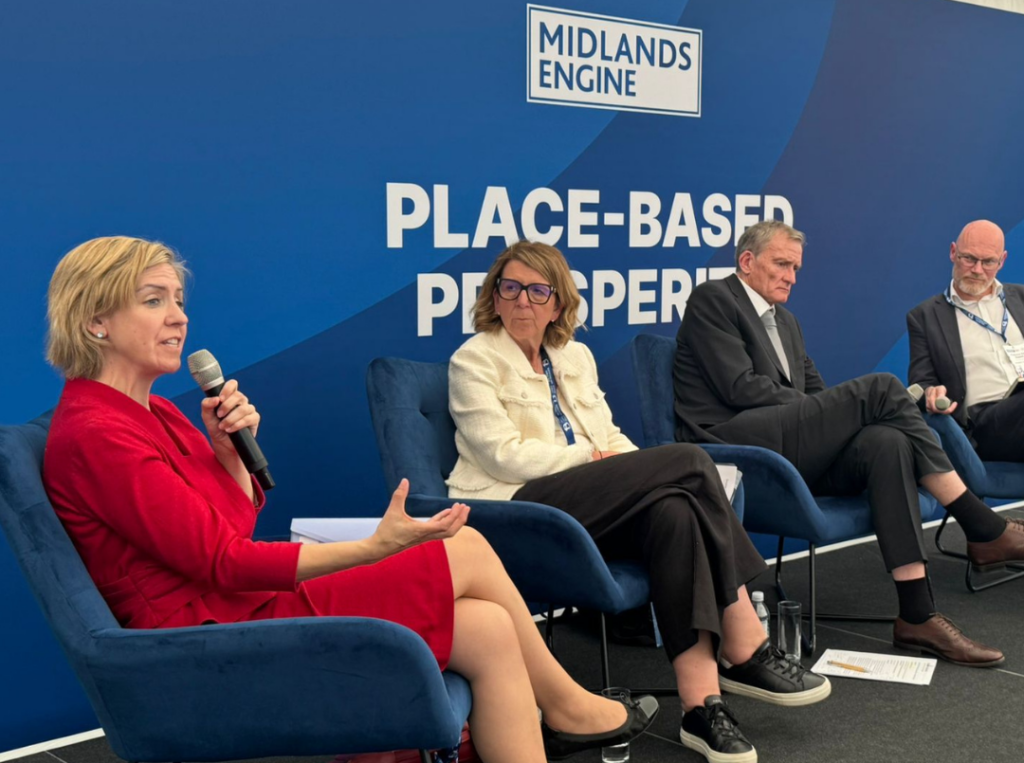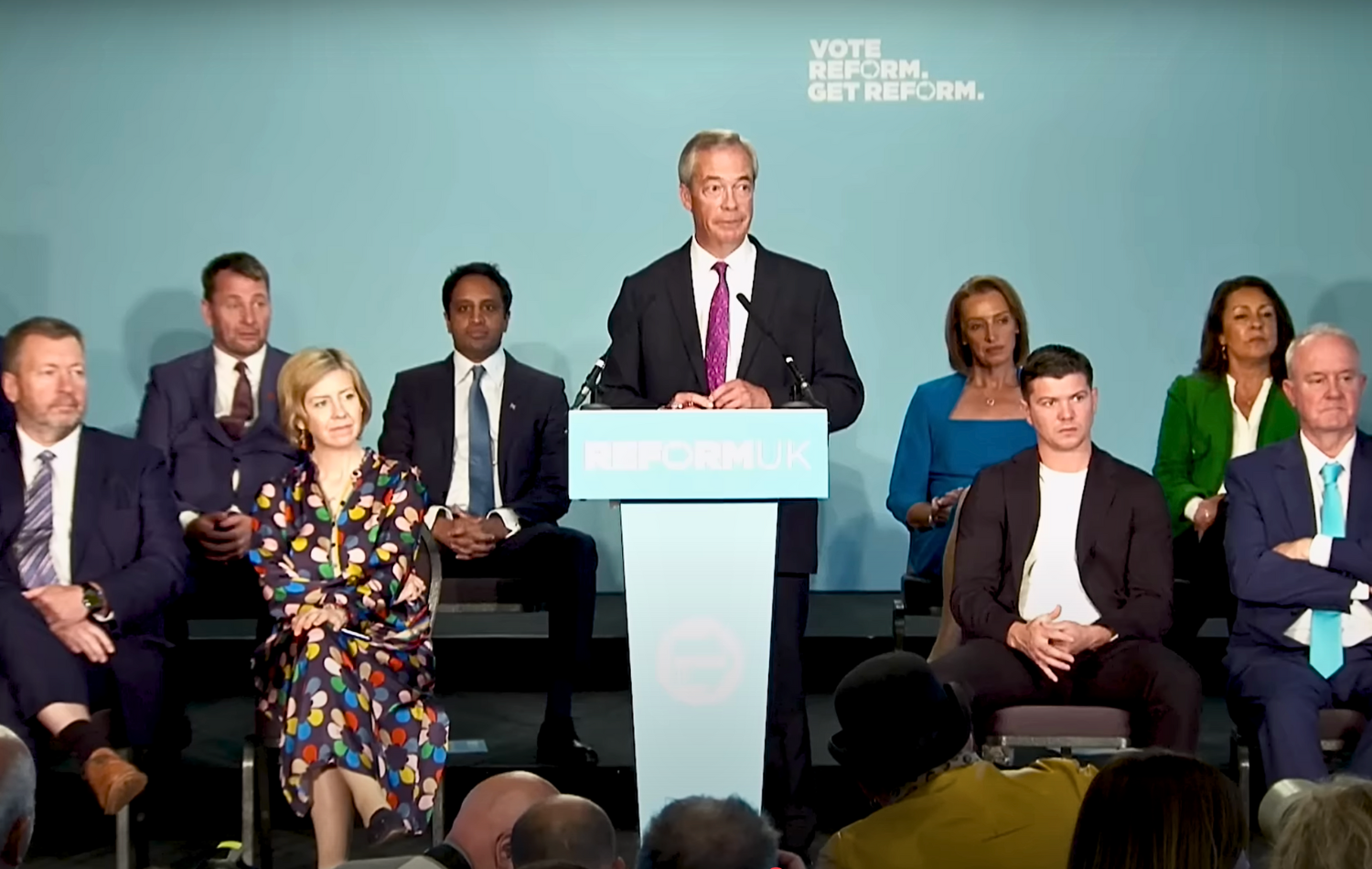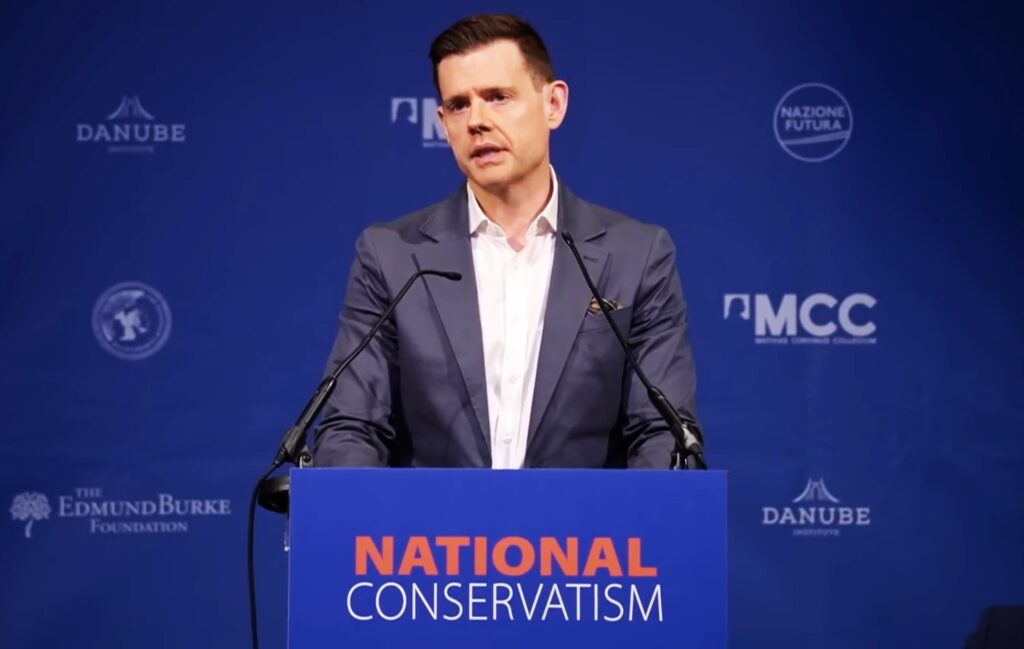In the local elections on 1 May, Nigel Farage’s Reform UK took control of 10 councils and two regional mayoralties.
The party vowed to scrap climate initiatives in the authorities, and has reportedly already set up an Elon Musk-inspired “DOGE” (Department of Government Efficiency) at Kent County Council in order to identify potential cuts to local services.
Reform – which is openly soliciting donations from oil and gas executives – campaigns to block clean energy projects, extract more fossil fuels, and reduce taxes on major polluters.
A month on from the local elections, how has the party used its new platform to push its anti-climate agenda?
From imaginary low traffic neighbourhoods (LTNs) to very real climate cuts, here’s how Reform has been making its mark since taking power.
1. Abolishing Derbyshire’s climate change committee
As one of their first acts in power, Reform councillors in Derbyshire abolished the local authority’s Climate Change, Biodiversity and Carbon Reduction Committee.
Reform council leader Alan Graves claimed the committee’s work will be covered by other bodies within the authority. But he added: “Net zero is not a priority for us, in fact it is the opposite of a priority for us.”
2. Banning imaginary LTNs
Reform chair Zia Yusuf vowed to scrap all LTNs – zones designed to encourage non-motor transport and limit pollution – in areas governed by the party.
Speaking to The Telegraph, Yusuf said: “We view these schemes with the same suspicion as mass immigration and net zero […] You can expect, if you live in a Reform council, for there to be a much higher bar for any proposals for LTNs and for the large-scale reversal of these existing LTNs.”
However, The Guardian contacted the 10 councils where Reform has a majority and found that none of them have an LTN.
Subscribe to our newsletter
Stay up to date with DeSmog news and alerts
3. Spreading climate science denial
Reform’s leader for Lincolnshire County Council Sean Matthews has said he wants a “cleaner environment”. But, speaking to Lincs Online, he falsely claimed that “the influence of man on the climate is so minimal, and the rush to net zero is costing us so much money – it will make absolutely no difference”.
Scientists at the Intergovernmental Panel on Climate Change (IPCC), the world’s foremost climate science body, have said “it is unequivocal and indisputable that humans are warming the planet”. The IPCC says cutting emissions to net zero by 2050 is the only way to limit this warming to 1.5C. The Climate Change Committee, a UK government advisory body, estimates the cost of net zero as less than one percent of annual GDP.
Matthews added: “My view is, let’s head to a better world and a better environment, but let’s do it over 100 years. Let’s not have it done by 2035. Even Lincolnshire County Council aiming for 2050 – I still think that is too soon.”
4. Mayors U-turning on green investment
During the local elections campaign, Reform pledged to scrap local climate initiatives and block renewable energy projects, claiming net zero was destroying local economies. The party’s deputy leader Richard Tice said: “We will attack, we will hinder, we will delay, we will obstruct, we will put every hurdle in your way.”
However, once in office, its two elected mayors have bowed to economic reality and supported green investment.
As DeSmog reported, Greater Lincolnshire Mayor Andrea Jenkyns spoke at an event calling for investment in the Humber Freeport, “a leading offshore wind and renewables hub”. Jenkyns has also stepped down from the board of Net Zero Watch, a climate science denial pressure group.
Reform’s Hull and East Yorkshire Mayor Luke Campbell has gone further, backing The Great North, a regional investment partnership which supports clean energy projects, including wind and solar power. This week, Campbell said: “I have consistently supported the region in green energy for local business, creating local jobs.”

5. Scrapping Lincolnshire’s flood committee
Reform’s Lincolnshire councillors have abolished the local authority’s Flood and Water Management Scrutiny Committee, which oversaw flood defences for the county.
As DeSmog has reported, Lincolnshire is one of the country’s most vulnerable regions for flooding. It has seen hundreds of homes destroyed in storms over recent years.
The flood committee met four times a-year and co-ordinated between the council, internal drainage boards, the Environment Agency, and water companies.
Reform council leader Sean Matthews said the committee’s responsibilities would be covered by the environment committee. But a local Conservative councillor called the move “deeply worrying”, while Labour’s group leader called it “reckless, foolhardy and wrong”.
Reform’s national climate war
Meanwhile, Reform has continued to attack climate action at the national level. In May, Tice reportedly met with oil and gas executives and pledged to approve new licences to extract fossil fuels “on day one” of the party entering Downing Street.
He also repeated his party’s vow to scrap the windfall tax on fossil fuel companies, and suggested the government could secure an “equity stake” in new oil and gas licences, according to the Financial Times.
Earlier this week, party leader Nigel Farage delivered a speech in Aberdeen, Scotland, after meeting with oil and gas representatives. In the speech, Farage claimed that net zero was “the next Brexit” and was killing businesses in the city.
Last week, Farage said that the government could save £45 billion every year by ditching clean energy policies.
However, analysis by the New Economics Foundation (NEF) suggests that Reform’s anti-climate agenda would cost more than 60,000 jobs and wipe £92 billion off the UK economy.
Subscribe to our newsletter
Stay up to date with DeSmog news and alerts






